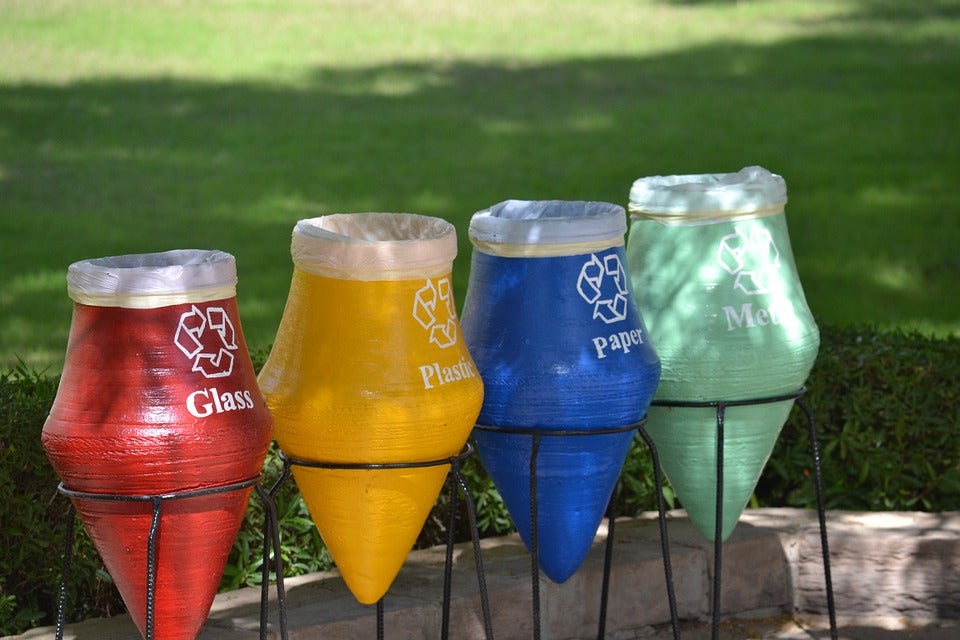
An investigative report by non-profit group Consumer Watchdog has stated that around 40% state-certified recycling centres in the US state of California have closed in the last five years.
The report added that more centres are anticipated to shut down operations soon.

Discover B2B Marketing That Performs
Combine business intelligence and editorial excellence to reach engaged professionals across 36 leading media platforms.
The sharp drop in recycling centres has left consumers with very few places to redeem their empty bottles and cans. In turn, it has increased revenue for waste and curbside haulers.
In California, the consumers get back around 53% of their deposit for every nickel bottle or can deposit that they pay in the grocery store checkout line.
The report estimated that consumers pay a total of $1.5bn in deposits. They leave around $732m in the process.
It has also found that the closures of recycling centres have resulted in job losses, affecting critical income for individuals who procured discarded cans and bottles for additional income.

US Tariffs are shifting - will you react or anticipate?
Don’t let policy changes catch you off guard. Stay proactive with real-time data and expert analysis.
By GlobalDataThe report stated that many groceries and big-box chains are not accepting empty bottles and cans. Many retailers and beverage distributors are also found to consistently under-report how much they need to pay consumers.
The report urged the California Governor Gavin Newsom to undertake appropriate reforms to rebuild the bottle deposit mechanism and set a new 90% redemption target. It also calls on the authorities to raise the deposit amount.
Consumer Watchdog president Jamie Court said: “California’s bottle deposit law is broken and both consumers and the environment are paying a big price.
“Governor Newsom needs to make a priority of putting the pieces of California’s broken bottle deposit law back together to stop this half-billion dollar per year consumer rip-off and to combat climate change, which is one of his top priorities.”
The report is based on a three-month investigation.





